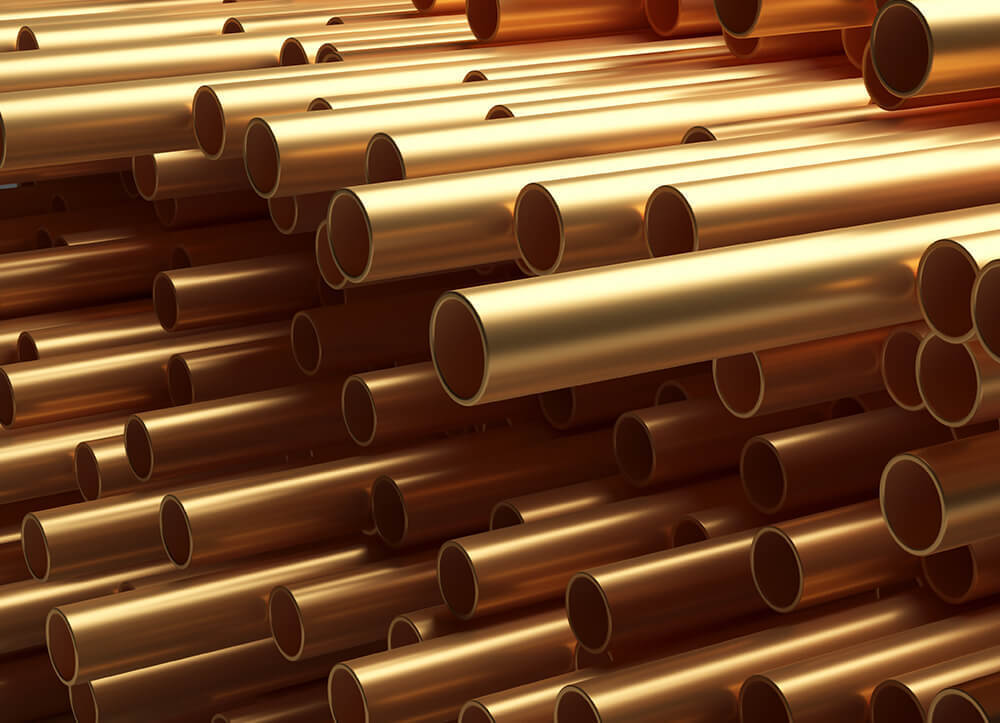Dezincification Resistant Brass
- Home
- >
- DZR Brass
- >
- Dezincification Resistant Brass

Dezincification Resistant Brass
DZR Brass, or Dezincification Resistant Brass, is a specially formulated copper-zinc alloy designed to prevent dezincification, a type of corrosion where zinc is selectively leached from the alloy, leaving behind a porous and weakened structure. This lead-free brass variant is widely used in applications requiring high corrosion resistance, especially in plumbing and water-related systems.
Composition:
- Copper (Cu): Approximately 60-63%
- Zinc (Zn): Approximately 35-37%
- Arsenic (As): Approximately 0.02-0.15%
- Lead (Pb): <0.1% (Lead-Free)
Grades
UNS C35200:
- UNS standard designation for DZR Brass.
- Specifies the composition and mechanical properties for DZR Brass.
BS CZ132:
- British Standard designation for DZR Brass.
- Specifies the requirements for copper-zinc alloys with dezincification resistance.
EN CW602N:
- European standard designation for DZR Brass.
- Specifies the composition and properties for copper-zinc alloys with enhanced resistance to dezincification.
Properties:
- Corrosion Resistance:
- Excellent resistance to dezincification, particularly in aggressive and saline environments.
- Good resistance to general corrosion, pitting, and stress corrosion cracking.
- Mechanical Properties:
- Tensile Strength: Typically around 450-600 MPa.
- Yield Strength: Approximately 150-300 MPa.
- Elongation: Generally around 20-40%, indicating good ductility.
- Hardness: Moderate hardness, with a typical Brinell hardness number (HB) of around 100-150.
- Thermal and Electrical Conductivity:
- Good thermal conductivity, suitable for plumbing and heating systems.
- Moderate electrical conductivity, less than pure copper but sufficient for many industrial uses.
Applications:
Plumbing Systems: Extensively used in domestic and commercial plumbing systems, including fittings, valves, and connectors, due to its resistance to dezincification.
Water Treatment: Employed in water treatment facilities and components exposed to aggressive water conditions.
Industrial Applications: Used in industrial equipment where resistance to corrosion and mechanical strength are critical.
Marine Applications: Suitable for marine hardware and components exposed to seawater due to its corrosion resistance.
